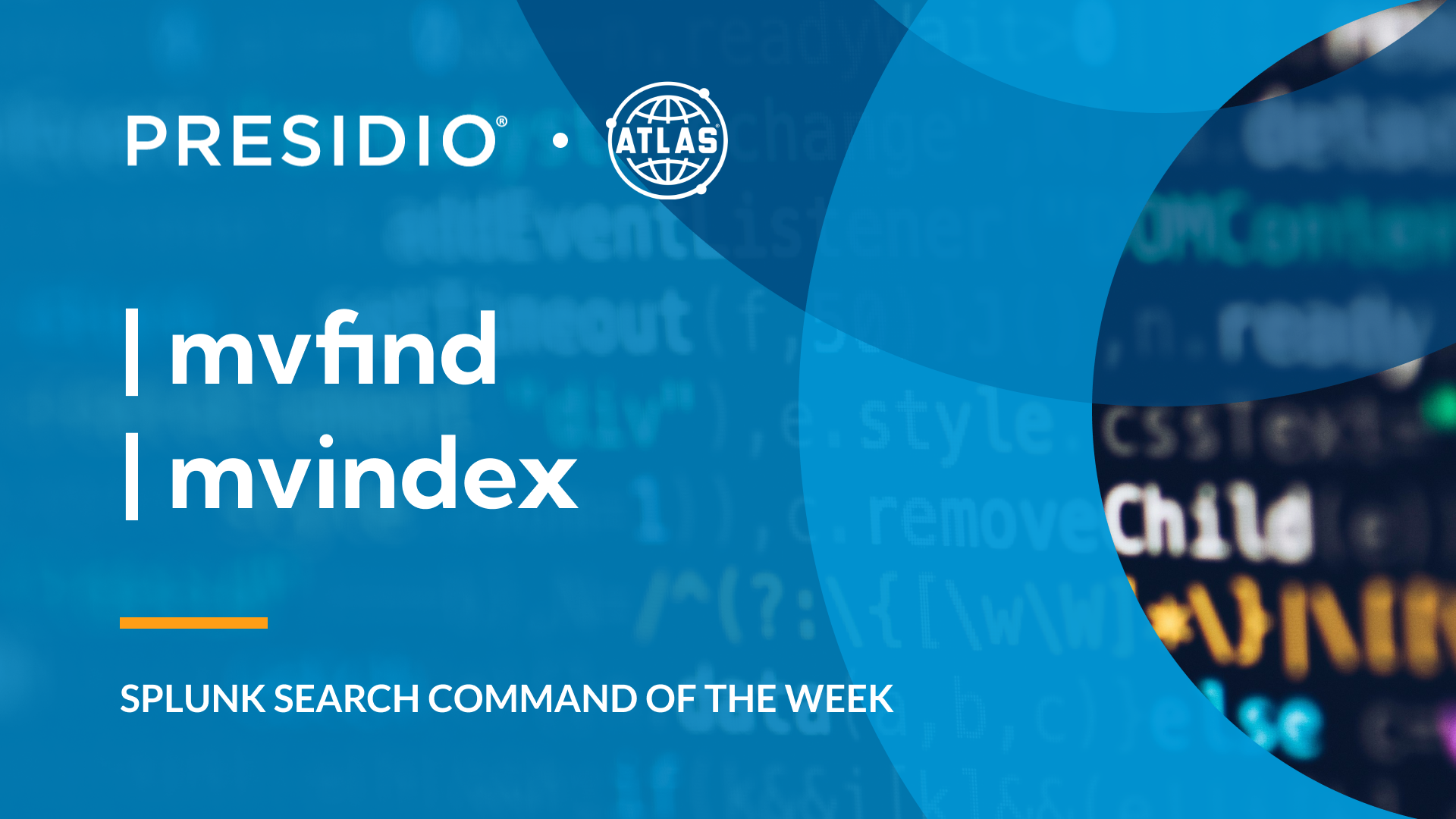
Migrating to Splunk Cloud – DB Connect
Migrating to Splunk Cloud introduces many advantages, but it also brings changes to how external systems interact with your Splunk environment. One critical component to

Migrating to Splunk Cloud introduces many advantages, but it also brings changes to how external systems interact with your Splunk environment. One critical component to

Splunk Search Processing Language (SPL) enables organizations to extract actionable insights from complex machine-generated data streams. This includes commands like mvappend and mvjoin, which stand

Splunk Processing Language (SPL) forms the foundation of Splunk’s powerful data analysis capabilities. Within this, the mvzip and mvcount commands are special tools designed to

Splunk’s Search Processing Language (SPL) is a powerful tool designed to search, analyze, and visualize machine-generated data. Within this language, the ability to handle multivalue

Modern enterprises face unprecedented challenges in handling the ever-increasing volumes of data generated across their networks. Traditional centralized data processing methods often struggle with performance

Splunk’s Search Processing Language (SPL) provides a robust framework for analyzing and visualizing machine data. Among its versatile command set, the accum command stands out

Splunk Processing Language (SPL) is the core language used in Splunk to search, transform, and analyze data. It allows users to unlock insights from machine

Splunk’s Search Processing Language (SPL) serves as the backbone for data analysis in Splunk environments. Within this robust framework, the mvexpand command plays a crucial

Splunk’s Search Processing Language (SPL) is the foundation of querying and analyzing machine data in Splunk. With SPL, users can filter, calculate, transform, and visualize

Splunk Search Processing Language (SPL) serves as the nexus of Splunk’s data analysis capabilities. This powerful query language enables IT professionals, security analysts, and data